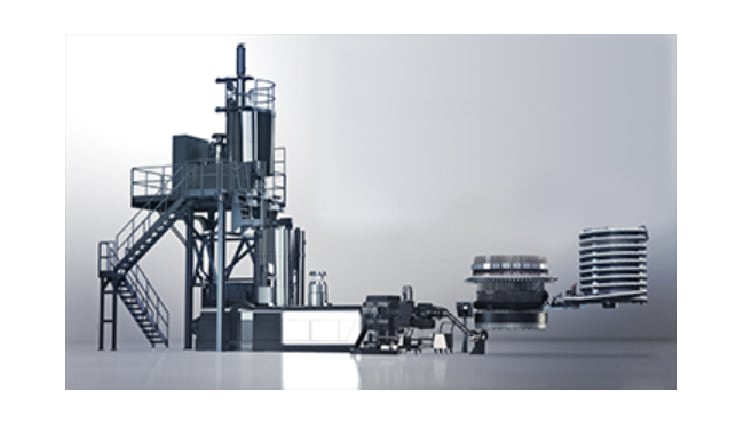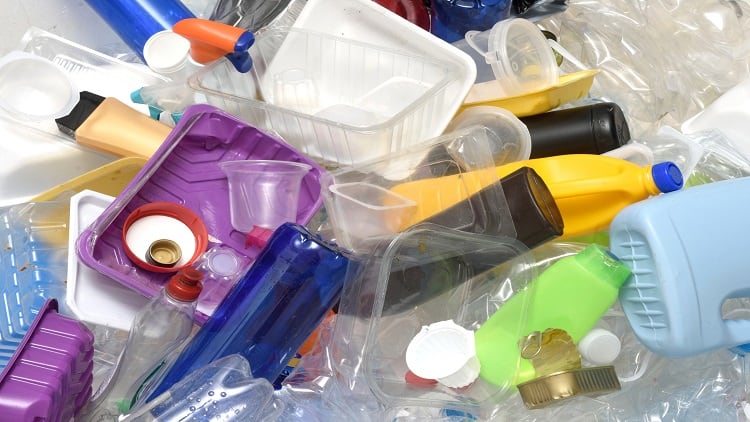Here we look at some of the companies involved and the innovations achieved thus far.
Recycled PET bottles
An example is Suntory, which will be receiving the “WorldStar Award” for its “FtoP Direct Recycle Technology” at an award ceremony organised by World Packaging Organisation in May 15 this year.
The technology makes recycled PET bottles out of PET bottles.
It is estimated that CO2 emissions could be reduced by approximately 25%.
The recycled PET bottles was used for soft drinks PET bottles since autumn last year.
“Suntory Beverage and Food (SBF) Limited endorses the Japan Soft Drink Association’s Soft Drink Business Plastic Resource Reclamation Declaration 2018 for strengthening initiatives aimed at the 100% effective utilisation of PET bottles for zero waste in domestic soft drink business,” the firm said.
“Using the latest technologies, SBF’s initial medium-term goal is to use recycled PET bottles for more than half of all PET bottled soft drink products in the domestic soft drink business by 2025.”
Last year, it also achieved progress in producing 100% bio-based plastic bottles. Its technology partner Anellotech said it had successfully produced a collection of renewable chemicals identical to fossil-based counterparts.
Competitor Asahi Beverages has also produced 100% recycled PET (rPET) water bottles, which it said to produce carbon footprint 50% lesser than a regular PET bottle.
Paper packaging
Oji Holdings, Japan’s leading paper manufacturer, is also devoting its resources to produce paper food packaging.
It will start doing so during the end of this month, the Japan News reported.
To prevent oxygen and liquid from seeping in and to preserve freshness, the paper will be coated with special chemicals.
“With just paper, this product offers the same high degree of protection against water vapour as general barrier film and against oxygen as deposited film,” the film said.
Nippon Paper Group is also gearing up to produce water-resistant paper straws, besides its current range of food wrapping paper and milk carton made from paper. The paper industry hopes that the movement to replace plastic will bring new demand and help offset sliding demand for paper.
Last year, the company also opened a “paperising” promotion office to streamline its operation.
Biodegradable plastic
Japanese plastic producers are also focusing on biodegradable plastic, although its production cost is higher than regular plastic.
For instance, Mitsubishi Chemical began selling biodegradable plastic cups in October last year, and is currently developing straws made from biodegradable plastic.
Toyobo was also commissioned by US conglomerate DuPont to produce biodegradable resins.
Japan government’s commitment
The Japanese government is aiming to support the development of plastic alternatives.
For instance, its Ministry of the Environment will allocate about JYP$5bn (US$46.5m) in its fiscal 2019 budget to commission the development of biodegradable plastic products.
The budget is also meant to subsidise companies producing paper alternatives to plastic items, The Mainichi reported.
The ministry also plans to commission companies and research institutions to develop daily-use products such as food containers made from the biodegradable plastics at lower costs.
The ministry hopes that reducing the number of petroleum-based plastics will lower greenhouse gas emissions from incinerating them.





